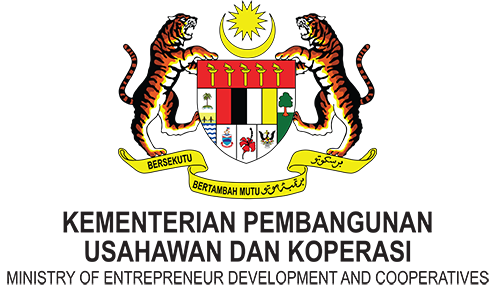
Mador delivering her paper on ‘Delivering Entrepreneurship - Enabling People, Encouraging Ideas’ at the Asian Conference On Entrepreneurship.
NILAI University’s Business Faculty recently organised a two-day conference to share the best practices and new initiatives to prepare graduates to become successful entrepreneurs.
Several top-notch speakers shared their thoughts at the Asian Conference On Entrepreneurship (ACE2018), which was held to explore entrepreneurship opportunities for undergraduates and the obstacles they may encounter to achieve their targets.
Among the notable speakers was London’s Kingston University Enterprise Education head Martha Mador, who advocated that universities must have a central role in creating the entrepreneurs of the future.
She said Kingston University had been actively developing entrepreneurship at the institutional and national levels for more than 10 years.
“Over time, the university has moved to an embedded model of enterprise, with more students than ever encouraged to explore their ideas and develop their enterprising capabilities,” she said.
Mador said entrepreneurship covered almost every vocation from nursing and medical to information technology and designing applications.
“The medical world, for example, is desperate for innovations and this can range from the basic to the very advanced.
“I had a nurse who went through our programme and who actually found a way to put on anti-embolism stockings to prevent blood clots for patients at hospitals.
“Since it is extremely difficult to put it on manually, she designed a device which made it a lot easier to do so,” she said, adding that the enterprising nurse now sold the socks via her website.
Another success story was of a young graduate who started designing websites after graduating.
“He started off as a freelancer but has today built a large agency with 12 employees,” she said, adding that it was essential for universities to look at ways to develop a curriculum for enterprise, from articulating possible learning outcomes to designing specific initiatives.
Mador, who tabled a paper “Delivering Entrepreneurship - Enabling People, Encouraging Ideas”, said she was always promoting the idea that those wishing to become entrepreneurs should initially have a lean start-up and with a small investment.
“They should know something about the business they are venturing into.
“And they need to have enough transactions to convince investors to invest in their start-ups,” she said.
The alumni at Kingston, she added, was supportive of the programme and was willing to support young entrepreneurs.
“We will usually introduce these students to them and see how they can qualify for micro-grants to expand,” she said, adding that she had also helped establish Enterprise Education UK where success stories on successful enterprises are shared.
In June 2014, Kingston University received the Small Business Charter award from the British government for it’s role in helping to kick-start British enterprise.
The award is a recognition for universities that help a large number of students to find jobs in Britain’s important micro-business and start-up sector.
Mador said Kingston University had been consistently producing more graduate start-up companies than any other higher education institution in the UK.
Thirty-four speakers delivered papers at the two-day conference.
Some of the more prominent ones were SME Corp chief executive officer Datuk Dr Hafsah Hashim, who spoke on the “Role of SME Corp Malaysia in Developing New Entrepreneurs”.
Others included University Kebangsaan Malaysia Graduate School of Business management professor Datuk Dr John Antony Xavier and Malaysian Industry Development Authority Advanced Technology and Research and Development Division director Jeyasigan Narayanan Nair.






















